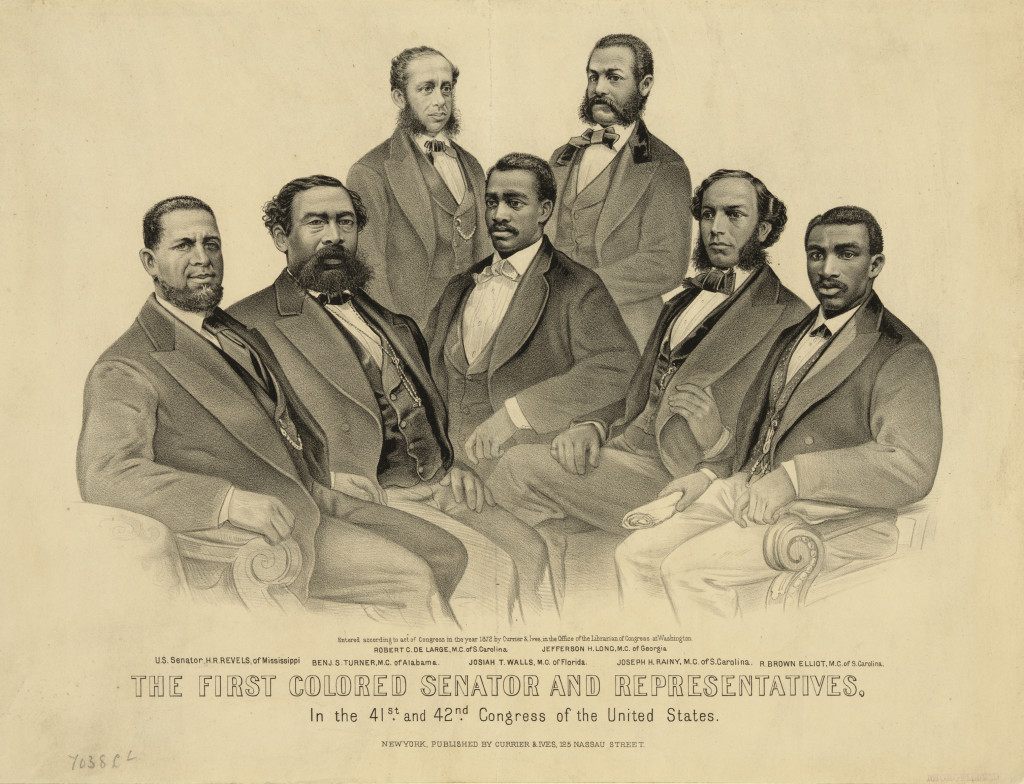 One of the most important, but least told aspects of American history, is that of the time that came immediately after the Civil War.
One of the most important, but least told aspects of American history, is that of the time that came immediately after the Civil War.
Henry Louis Gates Jr.’s latest history project, “Reconstruction: America After the Civil War” (PBS, 9 p.m., check local listings) seeks to provide a better context for a time “when black people experienced more freedom and rights than at any other time before in American history. It was the embodiment of Lincoln’s vision of a New Birth of Freedom.”
The Emancipation Proclamation is usually the last lesson told until the Civil Rights era, but the sudden, broad freedom of freed people brought a huge blowback from Southerners not ready for such a radical change.
“After celebrating the triumphs black people made under Reconstruction, we ask: How could black men and remember, only men could vote how could black men be given the vote in 1867 in the South, in 1870 nationally, but then be systematically deprived of the vote 20 years later by state constitutional conventions throughout the South?” Gates says.
“How could America fight our costliest war of all our wars to end slavery, to save the Union at the cost of 750,000 lives, yet see Jim Crow established as the law of the land by the Supreme Court of the United States, as well as other forms of economic neo slavery, effectively creating a de facto apartheid state just 31 years after the end of the Civil War?”
Gates quotes W.E.B Du Bois in saying that under Reconstruction, “The slave went free, stood a brief moment in the sun, and then moved back again towards slavery.”
For his four-hour, two night survey, Gates begins with the mass shooting by a white supremacist in a Charleston church brings in some of the top scholars on the subject, including Eric Foner, who wrote 10 books on the subject.
“I wanted the film to inspire black people to register and vote,” Foner told reporters at the TV Critics Association press tour earlier the year. “More black people were –- percentage-wise — were registered to vote in 1867 than today. That’s astonishing. And I want this to be our people to see it and, go, ‘Voting is the blackest thing that we can do.’ You know, that there is real power in voting.”
Also, he says, a lot of the issues raised in Reconstruction remain issues today:
“Who should be a citizen?” Foner says. “That’s on the front page of the newspaper every single day. Who should have the right to vote? That’s being debated in all these states. And terrorism, we had our home grown Ku Klux Klan terrorism in Reconstruction. How do you deal with that? What is the relationship between economic democracy and political democracy? That’s a Reconstruction question.”
“Reconstruction: America After the Civil War” airs its first half today; its concluding half on April 16 on PBS (check local listings).